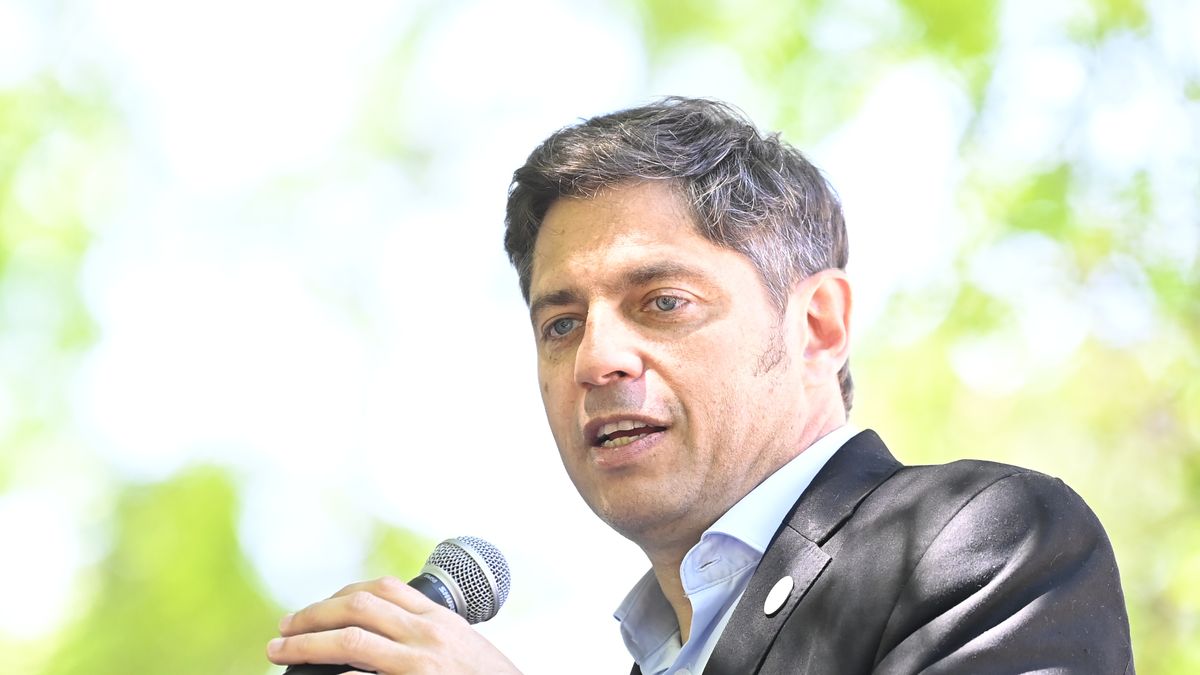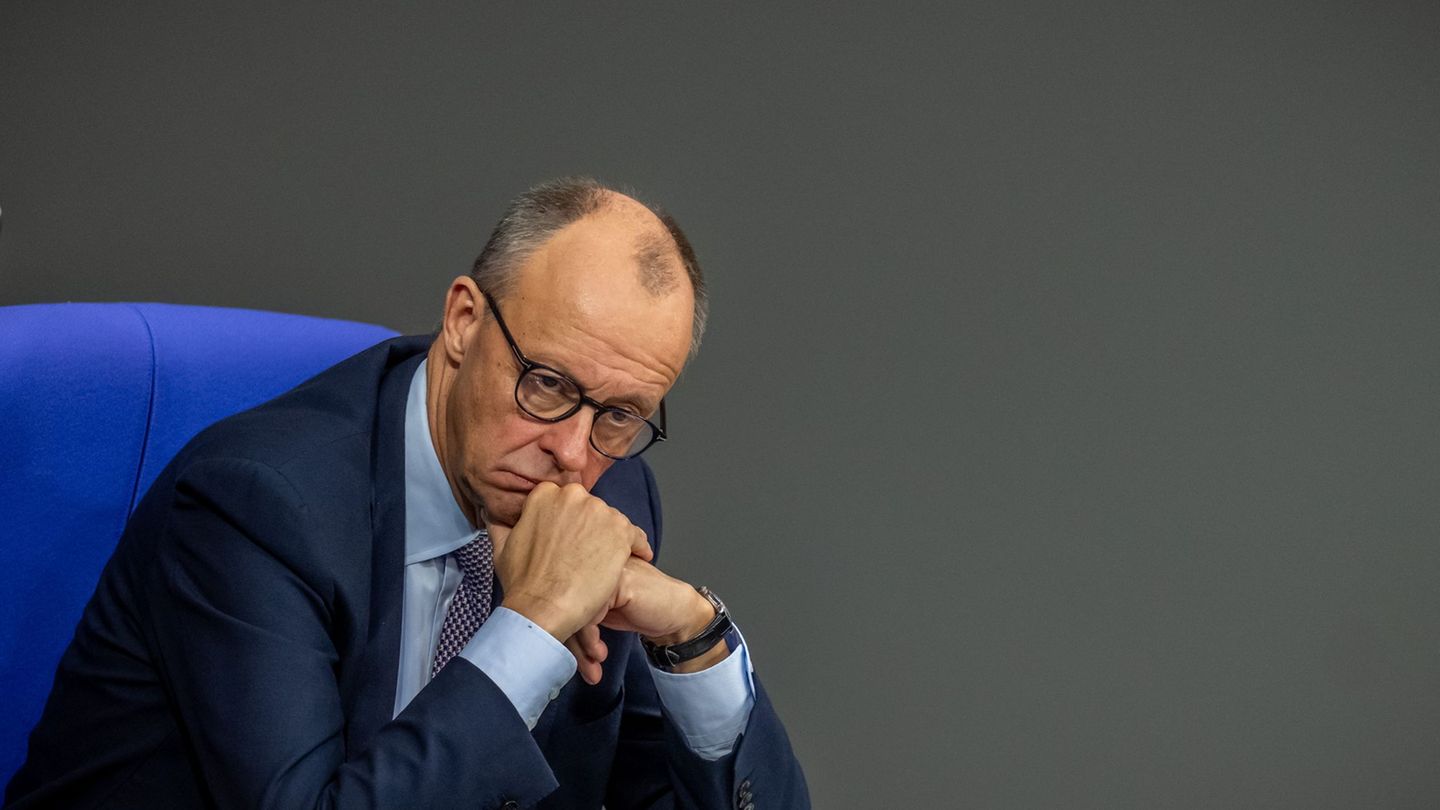The governor Axel Kicillof He will be the only speaker of the act that will be held on February 8 in the afternoon at the esplanade of the Museum of the Sea, in general Pueyrredón, With the aim of consolidating an opposition front to President Javier Milei in a scenario in which the electoral scheme in the province of Buenos Aires is still defined.
“Faced with the adjustment and destruction promoted by the National Government, the province is organized”is the motto of the call, which will gather, from 16, mayors, ministers, legislators, social and union leaders. The Plenary will also participate in referents that work in the political construction of Kicillof and militants of the fifth electoral section, in the East Buenos Aires.
Thus, the line that the Buenos Aires president scored during a mate that took place last December in La Plata is sought. “We have to build an immense front with all the sectors that are fighting. As governor I have the obligation to put on my shoulder the construction of a space that represents an alternative for the future ”He said then.
Embed – https://publish.twitter.com/oeembed?url=https://x.com/carli_bianco/status/1886547146322972855&partner=&hide_thread=false
On Tuesday, January 27, after the meeting he had with 35 communal leaders in Villa Gesell, Kicillof completed the concept: “We seek the unity of Peronism. We want a political front of the entire popular field to stop Milei. We have to prevent Deliberative Councils and the Legislature from being invaded by those who think that the State does not have to exist. We convene the political leadership and all punished sectors: university, producers and laborers, ”he said in statements to Radio Provincia.
The act of Saturday arises from the tables “is with Axel”, created in recent months in each of the eight sections in which the province is electorally divided with the purpose of supporting the president and consolidating a broad political space that is propose as Alternative to the libertarian government. The call also seeks to project the governor as a key actor in the party’s intern, with sufficient weight to influence the negotiation of candidacies of union for the homeland for the next elections.
With that territorial strategy – impulsed, among others, by the mayors related to the president, together with the government ministers, Carlos Bianco; community development, Andrés “Cuervo” Larroque; and work, Walter Correa– It works to mobilize militancy and add accessions. The commitment is to attract local leaders, neighbors, civil organizations, students, professional associations, workers and clubs “to build an offer opposed to the national government’s adjustment model,” graph in the Buenos Aires Executive.
Axel Kicillof, Walter Correa and Andrés Larroque.jpg
Kicillof, along with Correa and Larroque, two of its political shipowners.
“The central axes have to do with defending the province and opposing the destruction generated by the government of Javier Milei,” said a minister and stressed that “it is about forming a broad political front that has territoriality.”
In the coming weeks, it is planned Make more sectional meetings In Junín (Fourth Section), San Nicolás (Second), Blue (Seventh) and Bahía Blanca (Sixta). The goal: to strengthen local armed, expand the support base to Peronism and prop up candidacies both in the sectional and district level.
The electoral strategy
In parallel, the governor must still define when and how it will vote in the province of Buenos Aires. Until now, in that jurisdiction, the elections were always held together with the nationals. But before the change of rules, Some sectors of Peronism want Kicillof to unfold the electionsthat is, that Buenos Aires vote on different dates than in the national.
In the meeting that the Buenos Aires president held last week with the mayors, they raised the need to unravel the national election of the provincial, to suspend the primary, open, simultaneous and mandatory (step) and advance in the elimination of the law that He limited the reelections of communal bosses, legislators, councilors and school counselors.
The argument is that this would allow the Buenos Aires administration and the municipalities discuss your own agenda and deploy a more focused campaign in local efforts and policiestaking off from the impact of the national situation. The central objective is to preserve the Deliberative Councils and the Provincial Legislature.
In contrast, La Cámpora de Cristina and Máximo Kirchner, as well as Sergio Massa’s renovating front insist on making concurrent elections with nationals. They argue that keeping legislative elections in the largest electoral district in the country will allow on the same date. Define a national strategy for the campaign. They also consider that separating the elections could fragment the vote and weaken the party.
At the same time, they fear that a unfolding Expose to the provincial management of opposition criticisms on issues such as insecurityinstead of discussing on the negative impact of national government adjustment policiesas the Justicialist Party intends. In La Plata, those who struggle to unfold, reply: “We have a lot of work to show and do not fear the evaluation of our management by Buenos Aires.”
Kicillof closely follows the debate in the National Congress about the possible suspension of the Paso. The Provincial Electoral Law establishes that the Executive must convene elections between 120 and 150 days before the vote. If there is a step, they would be on August 3 and the call should be made between March and April. But if the national government advances with its elimination, the governor would win two more months to negotiate with Peronism: the general election is scheduled for October 26 and The call could be postponed until May or June.
Source: Ambito
David William is a talented author who has made a name for himself in the world of writing. He is a professional author who writes on a wide range of topics, from general interest to opinion news. David is currently working as a writer at 24 hours worlds where he brings his unique perspective and in-depth research to his articles, making them both informative and engaging.




